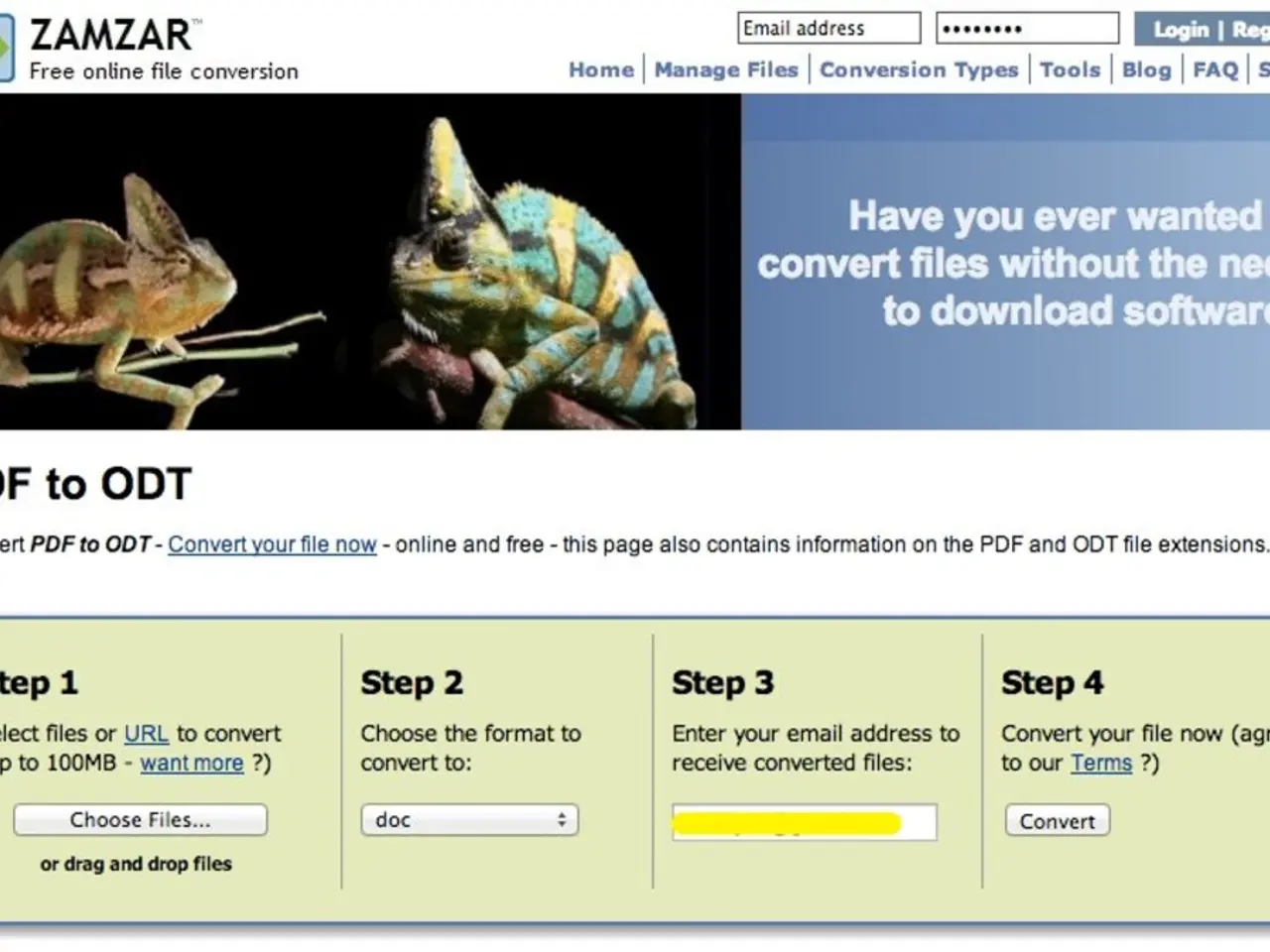Boosting Businesses and Stimulating Growth: Breakdown of Germany's Investment Package Approval
German Parliament, Bundestag, authorizes massive job cuts for various businesses through the approved billions in redundancy funds.
Prepare for a significant economic revitalization as the German Bundestag is set to enact a mammoth tax relief package, with an estimated value of €46 billion for businesses, between 2025 and 2029. The package, popularly known as the "Investment Booster," is poised to pass legal hurdles and support Germany's sluggish economy.
The Bundestag's Green Light
The "Investment Booster" emerged victorious in the Bundestag, with CDU/CSU and SPD faction members casting their votes in favor, while the AfD abstained and Greens and the Left voted against the measure. Obtaining the Bundesrat's approval is still pending, but the federal government anticipates it will clear the way.
Super-Deductions and Tax Breaks
The tax package features "super-deductions," which grant companies a 30% tax break on investments over three years. This means that companies will pay less tax, as their taxable profit decreases. The government is also reducing the corporate tax rate by one percentage point each year from 2028 for five years.
Supporting Electric Mobility
The "Investment Booster" includes measures to promote electric vehicle adoption, such as a price cap increase for electric vehicles to €100,000 per vehicle and a 75% depreciation option in the first year of acquisition.
Bridging the Fiscal Gap
The reduced tax revenues resulting from these reliefs will amount to a hefty €46 billion and necessitate coordination with regional, state, and municipal authorities to compensate for the shortfall. The government will address this by increasing municipalities' share of VAT and providing compensation to the states for investments in education, daycare, science, and hospital modernization.
References:
[1] ntv.de[2] rog/rts
Major Economic Stimulus Initiatives Include:
- Tax Reliefs and Business Incentives: The government's comprehensive tax break package totals €46 billion for the period 2025-2029 and includes measures such as preferential depreciation rules, a gradual reduction of the corporate tax rate, and increased subsidies for research and development.
- Investment and Infrastructure Funding: Over the next 10 to 12 years, €500 billion will be allocated through an infrastructure fund, with €100 billion earmarked for the "green" transformation. The stimulus package is expected to boost private investment, improve Germany's competitiveness, and drive long-term economic growth, while transitioning the country towards a more sustainable economy.
The political commitment to this stimulus reflects recognition of the need to counteract economic challenges and preserve Germany's position as an economic powerhouse in the coming years. The package is currently undergoing parliamentary procedures, with final approval anticipated by September 2025.
The 'Investment Booster' package, set to receive €46 billion in tax breaks for businesses between 2025 and 2029, involves employment policies such as super-deductions offering a 30% tax break on investments over three years and a reduction in corporate tax rate. Finance and business sectors will be significantly impacted by these measures. The package also supports electric mobility, with price caps for electric vehicles set to increase and a 75% depreciation option in the first year of acquisition. However, the reduced tax revenues necessitate coordination with regional, state, and municipal authorities to compensate for the gap, with the government planning to increase municipalities' share of VAT and provide compensation to the states for investments in infrastructure.







